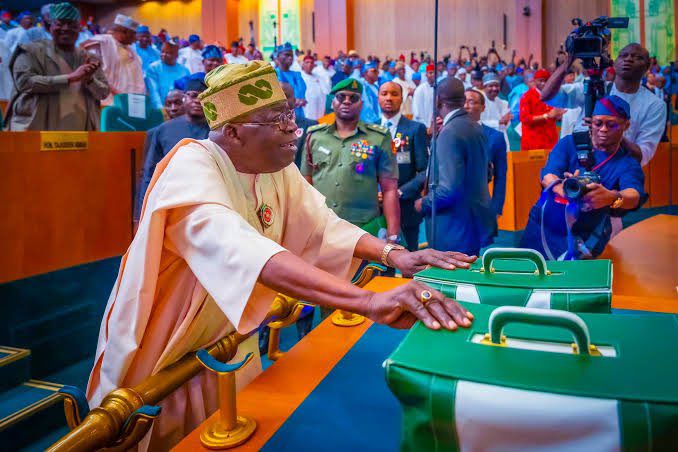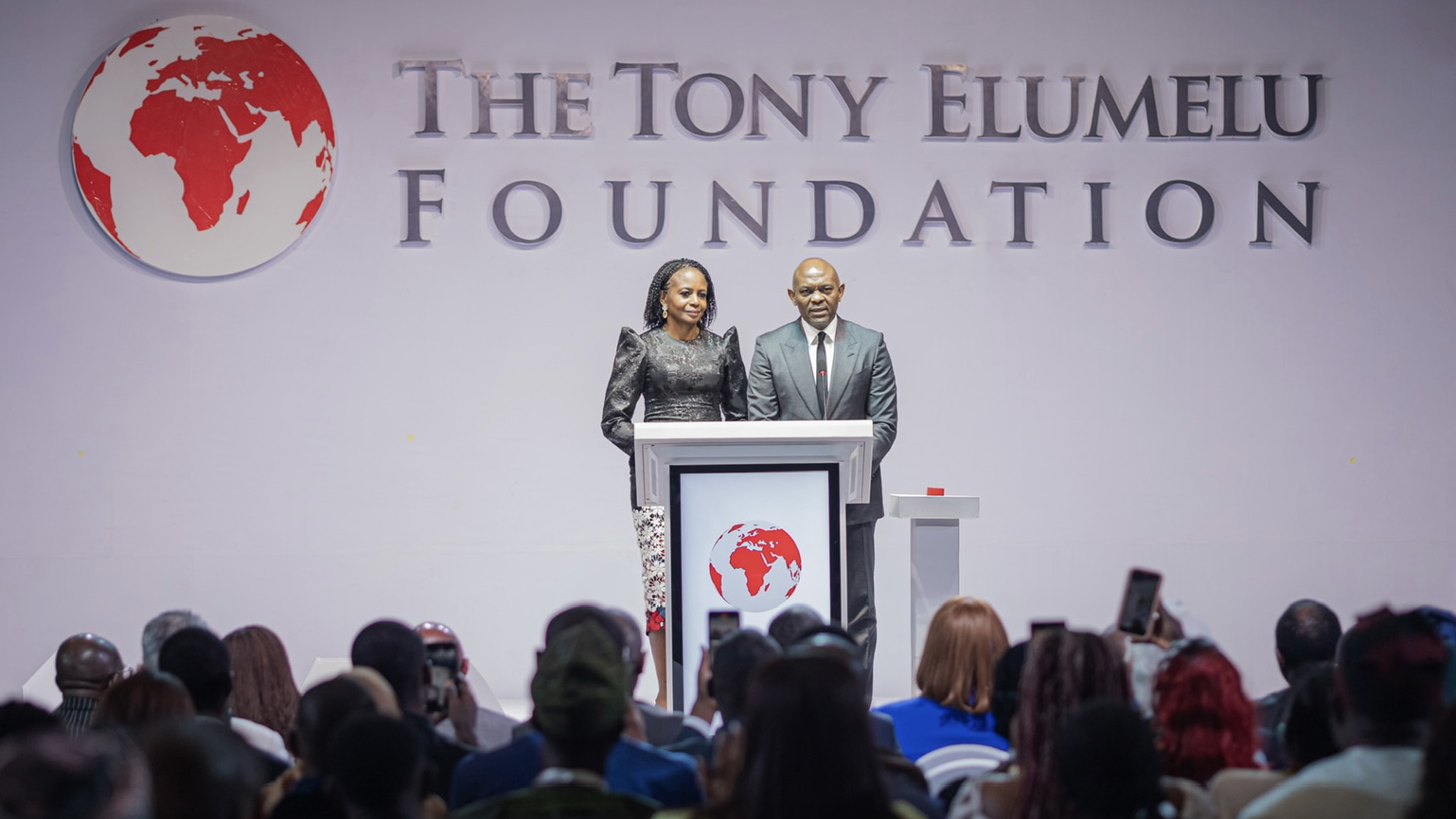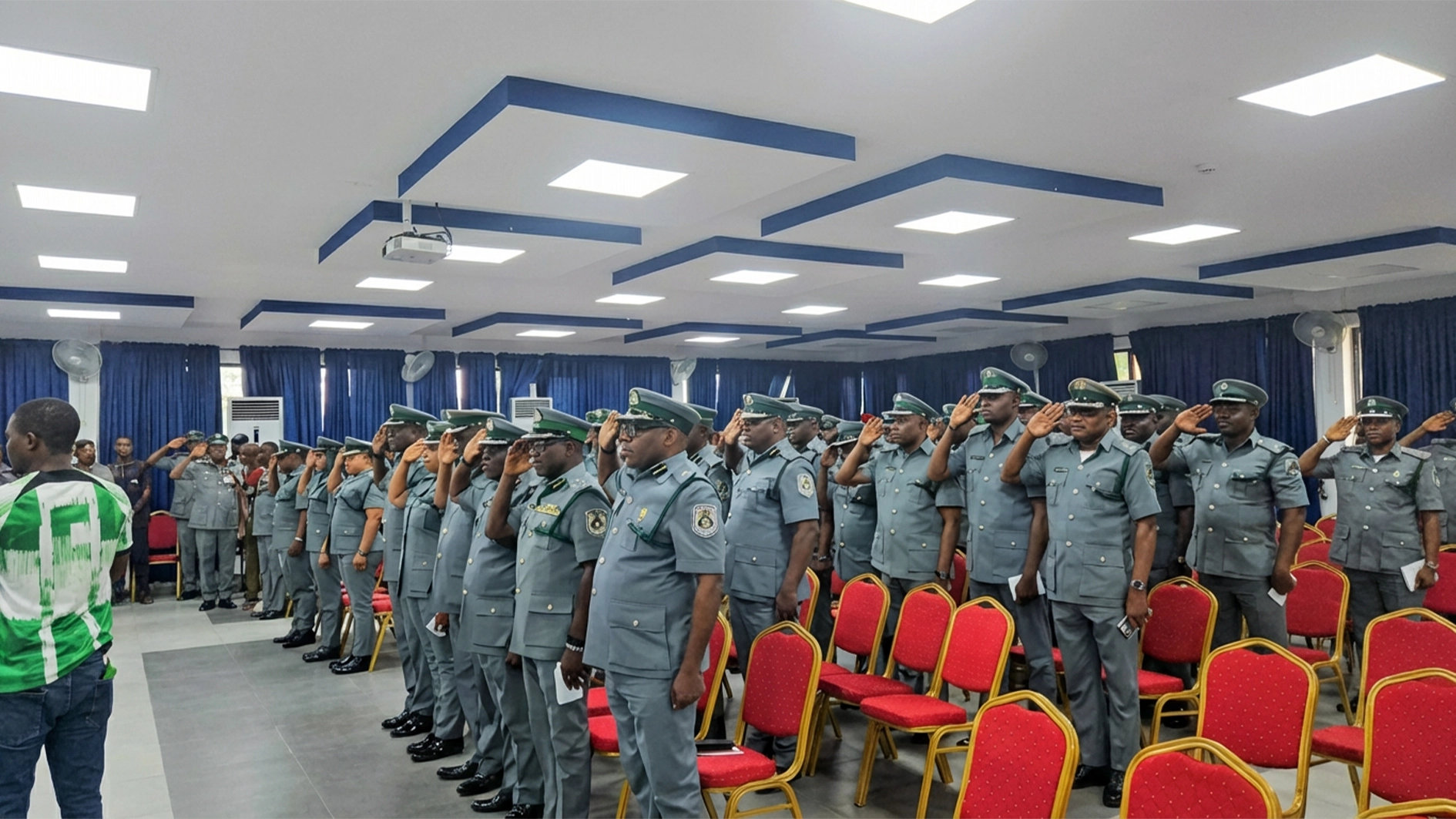 • Condemns N2.49tr to RDCs for personnel costs
• Condemns N2.49tr to RDCs for personnel costs
• Lists danger of $20,000 retirement package for Generals
BudgIT has observed certain legacy issues with the proposed 2025 Budget of the Federal Government under President Bola Tinubu.
The accountability body, therefore, called on the National Assembly to proactively address the irregularities, exercise its “Powers of the Purse” responsibly, allow robust public participation in the budget review process, and ensure that the approved budget reflects the needs and preferences of Nigerians through job creation, poverty reduction and inclusive broad-based economic growth.
According to BudgIT’s Communications Associate, Nancy Odimegwu, a review of budget performance in recent years revealed that the Federal Government often falls way off the mark in its macroeconomic assumptions. This poses serious fiscal risks, leading to budget financing challenges, additional unforeseen government obligations, and a significant increase in public debt.
The civic-tech organisation promoting transparency, accountability and effective service delivery in Nigeria observed that the 2025 proposed budget breakdown submitted to the National Assembly for review and approval, published on the Budget Office website, omitted the breakdown of some Ministries, Departments and Agencies (MDAs), commissions and councils, such as the National Judicial Council (NJC) 341.63 billion and Tertiary Education Trust Fund (TETFund) 940.5 billion.
Odimegwu revealed that the budgets of over 60 government-owned enterprises (GOEs), including the Nigeria Ports Authority (NPA), Nigeria Customs Service (NCS) and Nigerian Maritime Administration and Safety Agency (NIMASA) were conspicuously absent from the proposed budget.
She further revealed that a combined N2.49 trillion was allocated to five regional development commissions (Niger Delta 776.53 billion, South West N498.40 billion, North East N290.99 billion, North West 585.93 billion and South East 341.27 billion) under the umbrella of personnel costs, an approach, she noted, obscures the true nature of the commissions’ operational expenses.
“For context, the Ministry of Interior, responsible for overseeing the Nigeria Immigration Service (NIS), Nigeria Correctional Service (NCoS), Nigeria Security and Civil Defence Corps (NSCDC), Federal Fire Service and their governing boards, has a significantly lower recurrent non-debt expenditure allocation of N648.84 billion. This amount covers personnel and overhead costs for the entire ministry and its agencies.
“Lumping development commission budgets under personnel costs raises concerns about transparency and accountability. It hinders proper scrutiny of how these funds are utilised and whether they effectively achieve their intended development objectives,” she stated.
BudgIT was more worried that the 2025 budget notably omitted funding for the Lagos-Calabar coastal highway, a capital-intensive project. This omission, it noted, implies that if funding for this project materialises, it will likely necessitate reallocating funds from other critical projects, potentially hindering their implementation and impacting the budget’s credibility.
“It is worth noting that President Bola Tinubu’s recent pronouncement regarding the retirement package of military Generals, which includes the provision of a bulletproof SUV, fully paid foreign medical treatment, $20,000 as estacode for medical trips, and payment for domestic help, contradicts his previous commitments to reduce the cost of governance and welfare packages to top-ranked public officials and civil servants.
“Such provisions not only inflate the budget and widen the fiscal deficit but may also demoralise lower-ranking military personnel, who lack adequate health insurance and retirement benefits despite their higher exposure to combat risks.”
She appealed to the 360 members of the House of Representatives and 109 senators to prioritise national interest over personal or parochial considerations and “ensure that the approved budget stimulates economic activities and macroeconomic stability, allocates resources to foster economic growth and development, equitably distributes resources to reduce poverty and inequality, and caters for most vulnerable Nigerians.”






